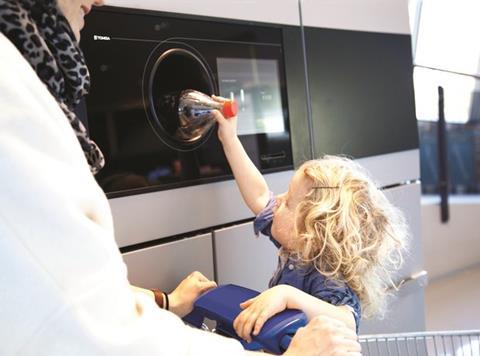
The Association of Convenience Stores (ACS) has outlined its recommendations for how a deposit return scheme (DRS) in England, Wales and Northern Ireland could be run without costing retailers.
DRS is currently scheduled to be introduced in England, Wales and Northern Ireland by late 2024, following the planned introduction of a similar scheme in Scotland in 2022.
DEFRA is currently consulting on the details of the scheme, including which containers are included, which businesses should be required to take back containers, and whether different nations should have separate schemes.
In its submission to the consultation, ACS has called for the introduction of the following measures as part of the design of the scheme:
- Schemes across the UK should align as closely as possible to avoid the possibility of fraud and confusion from customers
- A strategically mapped set of return points, as opposed to forcing every location that sells drinks to also take back containers
- Where small stores have limited sales and storage space, they should be able to apply for an exemption from DRS
- For hygiene and safety reasons, no retailer should be forced to take back containers manually
- The scheme should be cost neutral for retailers through fair setting of the handling fee
- Glass should not be included within the scope of the scheme
ACS chief executive James Lowman said: “Local shops have an important role to play in the introduction of a deposit return scheme, which can be successful in driving recycling rates if it is introduced without adversely impacting retailers. For a scheme to be sustainable and supported by retailers, the handling fee must be fair and tailored to the size and operational requirements of the store, resulting in the scheme being cost neutral for retailers that take part.”
ACS has also raised a number of concerns about the inclusion of glass, as it requires bigger and more expensive reverse vending machines (RVMs) and presents additional health and safety problems for retailers that are taking back containers manually. It added that the risk of crushed or broken glass being in close proximity of staff working around food-to-go concessions and hot food counters must be addressed.
Lowman said: “We support the introduction of DRS in 2024, with as much alignment between the nations of the UK as possible, but the inclusion of glass remains especially problematic. A well-designed scheme would not include glass, and would be built on the foundation of a network of reverse vending machines that minimise the impact on local shops.”

















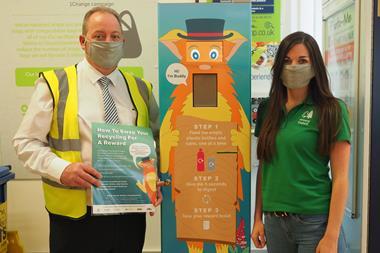

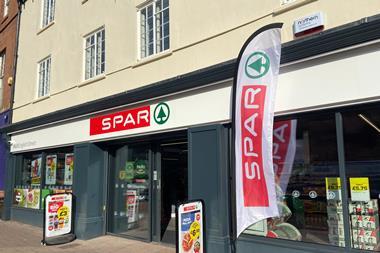

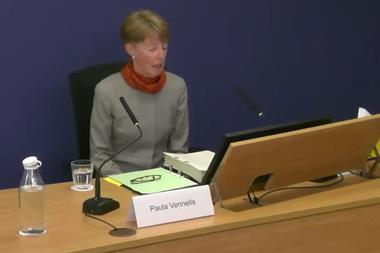


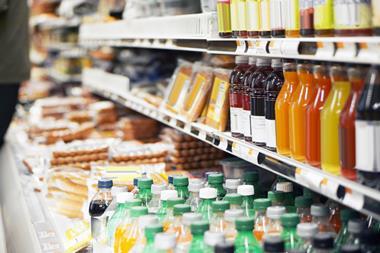



No comments yet